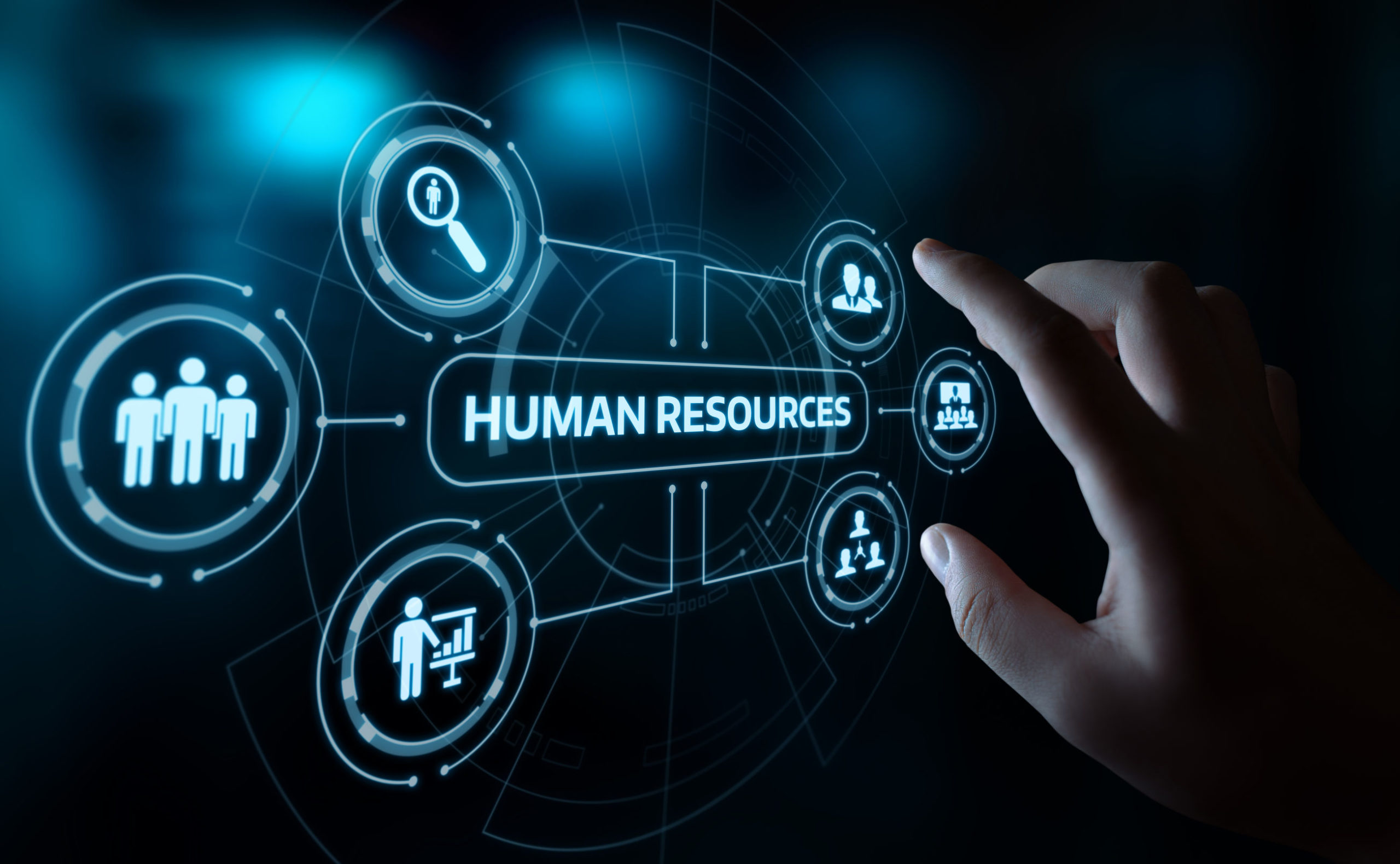The core purpose of HR beyond the pandemic
- HRM Asia Newsroom

COVID-19 has forced businesses to adopt new ways of working. With every new instruction from the Ministry of Health, HR leaders in Singapore are responding quickly, making company-wide adjustments to operations and policies. It is no wonder that many are feeling exhausted.
The rest of the workforce is, too. A recent study by Qualtrics found that 65% of employees in Singapore are more anxious in the current environment, while 64% report that they are feeling more stressed.
It is precisely in a time like this that we revisit our professional purpose. HR did not exist simply to help employees tide over crises. As Zig Ziglar famously said, “You don’t build a business. You build the people, and people build the business”—that is the role of HRs. Now more than ever, our staff needs us to safeguard their physical, mental, social and financial wellness as we embrace these new norms together.
Making the holistic difference
With safe distancing measures in place, telecommuting is our new reality. But many are facing issues with this, ranging from technical problems like spotty Internet connection to logistical matters like a lack of a proper workspace. A colleague who rents a room in Singapore lamented that he hurt his back from working on his bed. Many of us know from personal experience how debilitating back pain can affect our productivity.
While some are generous to provide allowances for employees to redesign their home offices, not all organisations have the budget. As a solution, HR can tap into cost-effective ways to improve their workforce’s well-being by working with their employee benefits partner.
Partnering with your employee benefits insurer, you can access teleconsultation services and a wide range of webinars that educate your workforce on how to stay healthy. For example, at AIA Singapore we provide a variety of free content on ergonomics, musculoskeletal health, nutrition, and fitness. AIA’s teleconsultation partner WhiteCoat has seen teleconsultation visits quadruple during COVID-19, from March to April.
Aside from the fear and increased risk of infection at a clinic, employees often prefer to consult their doctors for minor aliments in the comfort of their homes. Whilst the use of telemedicine does have its limitations, it is providing a vital service during this time and will likely evolve to include an expanded range of services in the future.
Improving and maintaining positive mental and social well-being is also a challenge facing employers right now. A recent survey of more than 100,000 employees globally found that seven in 10 workers (70%) are distracted at work due to pandemic-related worries. In addition, prolonged social distancing has significantly reduced physical contact, leading employees to view their work as merely transactional.
Many organisations are quick to turn to their employee assistance programmes as a safety net. Whilst important, those mostly cater to individuals in need of medical attention and counseling. Most employees need support to cope with the increased stress from working from home and the days when anxiety strikes. Perhaps, employers should support our employees with approaches to strengthen their mental resilience amidst and beyond COVID-19, such as learned mindfulness techniques.
Last June, we ran a sponsored “Mindful Resilience Training” series with Potential Project. The webinar, followed by six check-in sessions, has helped improve the mental resilience of over 240 employees. 97% of the participants said that they found the course helpful and would recommend it to their colleagues.
Through refreshing activities like these, employees also get to engage and closely bond with others despite the virtual setting. This is a small step in the right direction as there is still much to do on mental wellness in Singapore. Undoubtedly, having a positive impact on your employee’s mental well-being will take an increasing focus on the HR agenda.
To future-proof our workforce, HR should consider investing in employees in cost-effective ways to ensure employee wellbeing and productivity in the long term. As firms prioritise protecting their staff, well-rounded corporate programmes will be a major factor to sustainable business success. Providing employees access to a comprehensive suite of policies that meet their changing needs will not only give them confidence in your company, but also secure their financial wellness.
For those of us working in HR, making a lasting difference on our employees is the most purposeful act of all. When we work toward building our people and supporting them when they need us most, they will give back to the organisation. When we look back on COVID-19 in five years’ time, the best organisations will be the ones that best supported their employees through the good times and bad.






